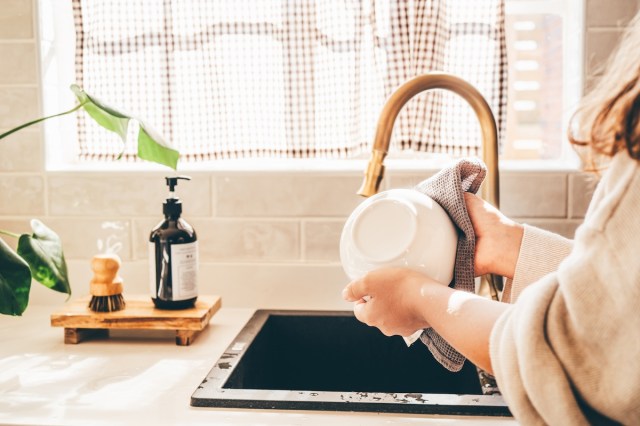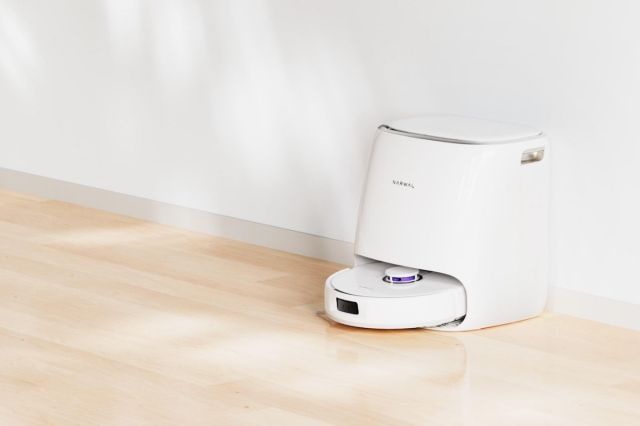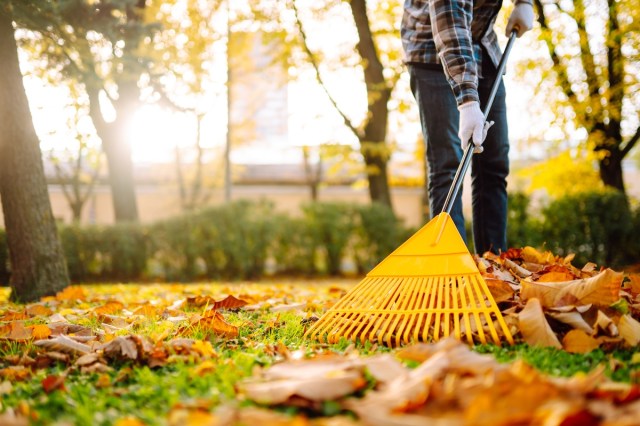Is your dishwasher running smoothly, or does it seem a little bit off? Do dishes still come out dirty? Maybe it’s become smelly or makes a weird, unfamiliar noise. You might need a repair technician, but it’s also totally possible that your dishwasher just needs a thorough cleaning. If it’s visibly leaking or emits an air of burning rubber or plastic, you should probably call a professional. If not, remove the filter and check if anything is stuck inside. (Warning: wear gloves.) If there are large food particles, you probably left one of these common foods on a plate, bowl, or utensil when you last loaded your dishwasher.
Wait. Aren’t You Supposed to Pre-Rinse Your Dishes?
The commercials are correct – pre-rinsing is not recommended, as modern detergents and dishwashers are made to break down the grime and efficiently clean dishes right off the dinner table. Pre-rinsing wastes water, and some food safety experts note that it can cause cross-contamination of other kitchen surfaces (sink, countertop, or sponge). Today’s dishwashers are actually more efficient when there is some dirt and grime; otherwise, they might detect clean dishes and run a shorter cycle. Additionally, the detergent enzymes are less effective without food particles to cling to and digest.
Starchy Foods
Starch itself isn’t necessarily bad, as modern detergents contain enzymes that break down starch. However, starchy foods like pasta or potatoes are sticky and can create clogs in the filter, drain hose, or pump, which can cause expensive damage or make your dishwasher less efficient.
Pieces of Hard Food
Eggshells, bones, and seeds won’t break down – they might clog or damage the filter, drain hose, or pump. If your filter has holes in it, replace it immediately, as these holes can allow food items, like these, to enter the pump impeller or motor seals, leading to a more extensive repair.
While you might wonder why someone would be sticking eggshells, bones, or seeds in their dishwasher, think of what foods might contain these. A tiny bone from fish or an eggshell stuck to the mixing bowl could easily make it into the dishwasher. Personally, I have to clean out my overnight oats jars before washing because the chia seeds get stuck everywhere (including my toothbrush!).
Grease
Just as grease can be problematic to pour down the sink, too much in the dishwasher could solidify and create clogs. Scrape off solidified grease into the trash or pour it into a container that can be tossed (or saved for another use).
Coffee Grounds
Coffee grounds or tea leaves can build up over time, creating the potential for odors or clogs. Make sure your reusable coffee pods or tea strainers are thoroughly emptied before tossing them in the dishwasher. These might be better hand-washed with a toothbrush, or at least soaked before being put in the dishwasher.
Sourdough Starter
Sourdough starter can solidify like cement, both in the dishwasher and down the sink. Scrape as much as possible off of your container before loading it into the dishwasher. I also frequently wipe mine out with a paper towel before washing. Overkill, maybe, but it keeps the sink and dishwasher lines clear. In this case, it may be necessary to pretreat the container before loading it into the dishwasher.
Reader Favorites
I Already Put These in the Dishwasher. Now What?
Have you already made one of these mistakes? Check out your dishwasher manual for cleaning instructions. Emptying the filter, unclogging the sprayer arms, wiping down the seal, and running a vinegar cycle (or using dishwasher cleaning tablets) with an empty machine should all be part of your cleaning routine. This helps catch stray pieces of food that can commonly cause dishwasher problems before they cause damage.
More From Our Network
Better Report is part of Inbox Studio, which publishes content that uplifts, informs, and inspires.
















